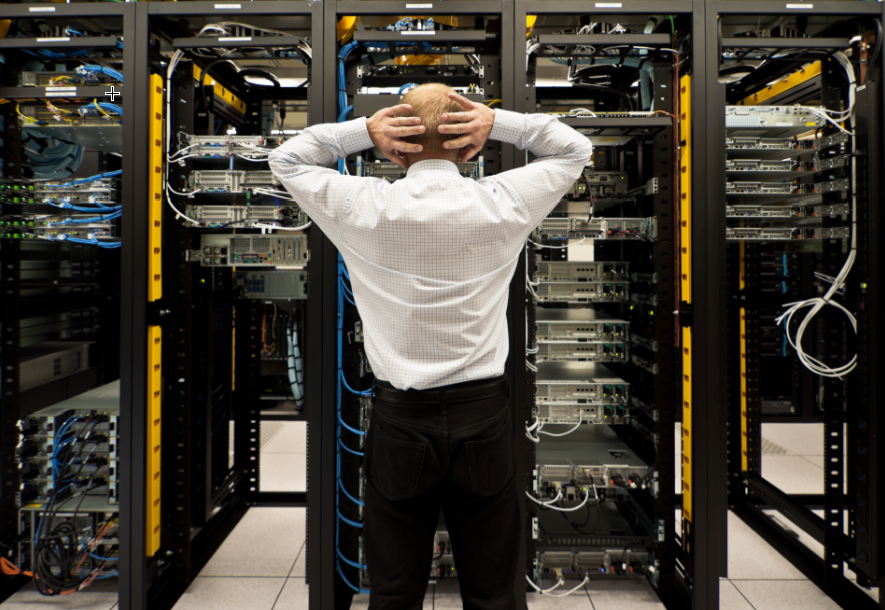Freekuling and cleaning the air in the data center: how and why to clean the air?

Our equipment is installed in a number of data centers located in the United States, the Netherlands and a couple more countries. In one of the data centers where our servers are located, free cooling is used. In general, there is no news in this, because in regions with a cool climate it is quite possible to use external air for cooling.
But as it turned out, free cooling can be a problem. Somehow there was a conversation with colleagues who have to keep equipment in one of the data centers of South Asia. As it turned out, for cooling equipment in this DC, free-cooling is also used. Everything is good, but they often have equipment failures. After a detailed analysis of the problem, it turned out that the “casket just opened.” The main problem is in dirty air, which is not cleaned well enough.
Studies on the negative impact of polluted industrial emissions of air on server equipment and data centers as a whole have been conducted for a long time. One of the most extensive research conducted by Intel . But the results of this study are a simple statement of the fact that polluted air increases the wear rate of equipment in a number of regions. Baidu’s study of its data centers located in Beijing is more productive. I must say that this company needs DC in this region, but the problems as a result are almost more than advantages.
')

The essence of the problem
After studying the problem, it turned out that a number of companies have long been offering special filters for DC cooling systems located in different regions. Somewhere, air cleaning is almost not needed at all, but somewhere very thorough cleaning is needed. Moreover, air purification can positively affect the energy efficiency of the data center.
The fact is that high-quality filters help reduce costs. If the air is cleared of dust, then the total load on the cooling system of the equipment is reduced. And this causes a decrease in energy consumption. In addition, when the air is cleaned from dust and gases (the same sulfur compounds), the equipment operation life increases. So it significantly reduces the likelihood of damage to individual components or the failure of the entire server. The elimination of such a problem - it is a cost, and very significant.
In some cases, experts indicate that when cleaning the air used for cooling equipment, PUE is reduced. This means reducing costs and improving the reputation of the object and the operating company.
As for Asia, the problem is still in high humidity. Atmospheric pollution with sulfur compounds, together with high humidity (60% and above), has a negative impact on the operation of the equipment. The fact is that as a result, the metal parts of the equipment corrode, and quite quickly.
Possible Solution
Freeking is good, but it can not be used anywhere. This cooling method is ideal for environmentally friendly regions with minimal air pollution.
But if the data center in a not very clean region works with free cooling, then you should use air filtration. Such a system should remove not only dust, but also gas pollution. The most effective filters in this regard are those of them, where the working parts contain microfibres of glass. Such filters are durable and reliable.

The European standard EN779: 2012 has now been developed for air filters. Based on the experience of colleagues, we would recommend using F7 class solutions where the air is dirty. If ISO 14644-1 1999 is used, then it is necessary to check whether the samples of atmospheric air comply with ISO 8.
In the presence of industrial gases (NOx, SOx and H2S), activated carbon filtration systems should be used. Only they can effectively absorb aggressive gaseous components.
A number of companies also recommend autonomous air purification units. Such auxiliary units can be used to clean the air in those parts of the data center where, for any reason, the main cooling and cleaning system cannot be used.
Source: https://habr.com/ru/post/309714/
All Articles